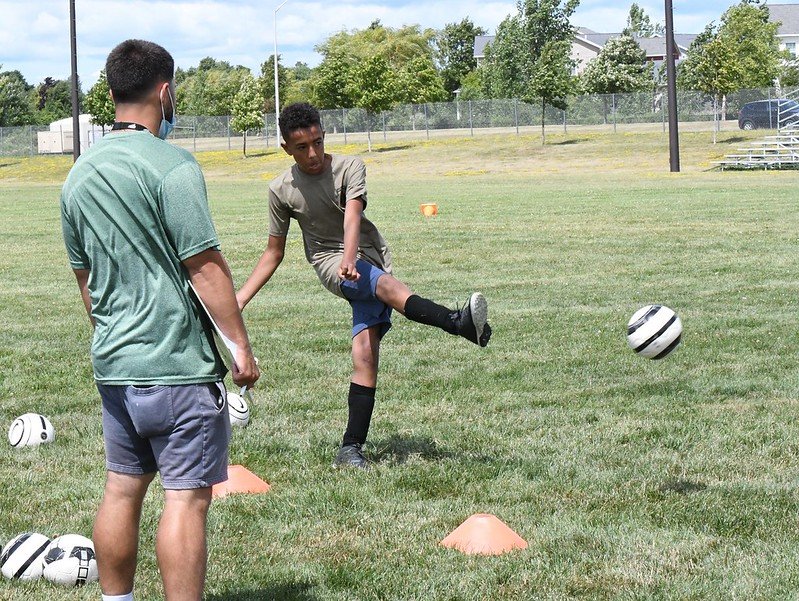 4/30/2024
4/30/2024
The Importance of Concrete Practice
Tell me, and I will listen; Teach me, and I'll remember; Involve me, and I will learn
These words, often attributed to Benjamin Franklin, echo a timeless truth about the importance of practical learning. But did you know that this sentiment has roots in ancient wisdom, specifically from a Confucian philosopher known as QI?
QI once wrote, "Not having heard of it is not as good as having heard of it. Having heard of it is not as good as having seen it. Having seen it is not as good as knowing it. Knowing it is not as good as putting it into practice." These words highlight the profound impact that hands-on experience and concrete practice can have on our ability to learn and retain information.
In today's educational landscape, numerous studies support the idea that active participation and practical simulations significantly enhance learning outcomes. Consider this: students typically retain only about 10% of what they hear in lectures. However, when given the opportunity to practice what they've learned, that retention rate can skyrocket to as high as 75%.
So, what does effective concrete practice look like? It's not just about going through the motions—it's about ensuring that the practice aligns with real-world tasks or future job responsibilities. This makes the learning experience more meaningful and relevant to students, enhancing their engagement, retention and application.
So, how can educators harness the power of concrete practice in their teaching? One approach is to incorporate activities like Teach Back sessions, Role Play scenarios, Pair Shares, or group discussions. These interactive exercises not only reinforce learning but also foster critical thinking, communication skills, and teamwork—all essential competencies in today's dynamic world.
The key to effective learning lies in active engagement and application. By embracing hands-on learning experiences and creating opportunities for practical simulations, educators can empower their students to not just hear or see but truly understand and apply knowledge. It's a strategy that resonates with Benjamin Franklin's wisdom and continues to shape modern education for the better.
Resources:
Alshammari F, Pasay-an E, Laarni Indonto MC, Gonzales F. Translating the importance of simulation to practice: Strengthening learning outcomes. Journal of Health Specialties, 2018;6: 60-7.
Tschannen D, McClish D, Aebersold M, Rohde J. Improving nurse and physician communication through a nursing crew resource management (NCRM) intervention. Journal of Nursing Care Quality, 2015;30:7-11.